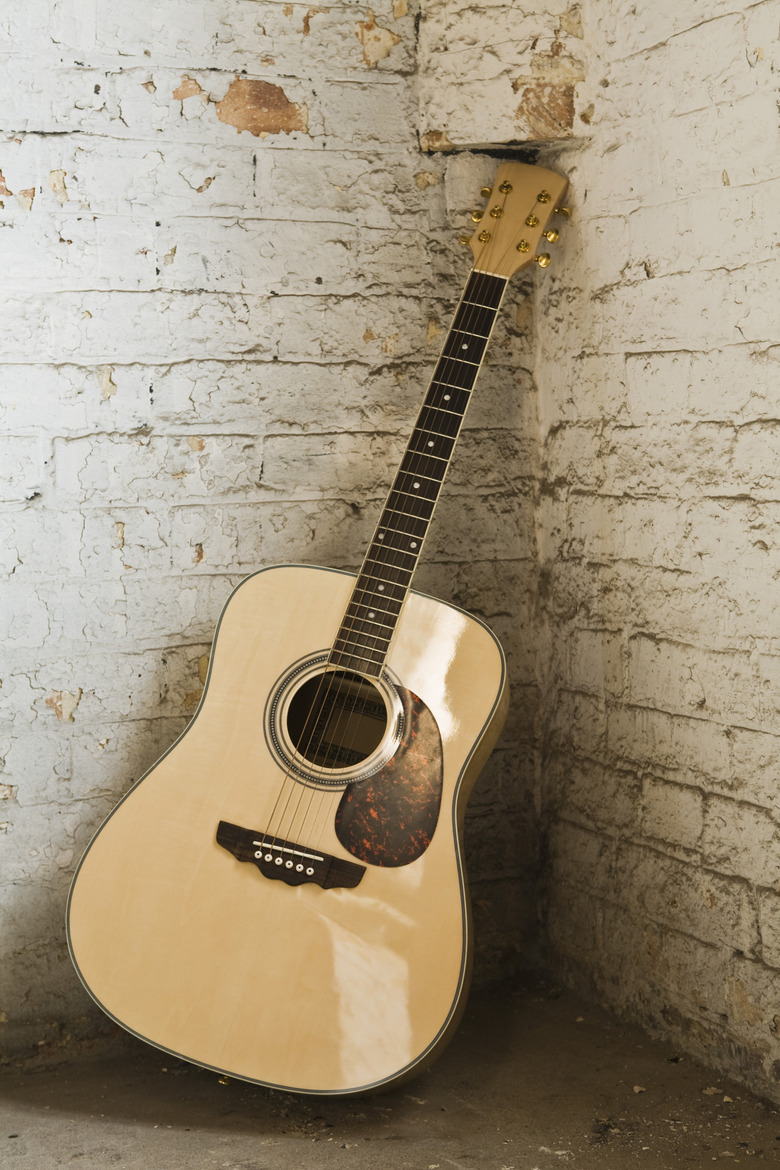How Soundproof Is Brick?
Soundproofing is important in homes and apartments to give the residents privacy from each other. Soundproofing is also vital in places such as recording studios where the audio in a room is carefully controlled. The material used to build a room plays a significant role in how soundproof the room is, and brick often is used for this purpose.
Advantages
Advantages
Brick is naturally thick and dense, which helps it block sound from passing through it. The thicker a material is, the more challenging it is for a sound wave to pass through it. You are, therefore, less likely to hear sound on the other side of a brick wall than you are of thinner, more brittle substances such drywall. Recording studios often use brick for this reason because it helps block out outside noise such as traffic or airplanes during the recording process.
Disadvantages
Disadvantages
Brick's durability also works against it for sound that is already in the room. Because sound waves can't pass effectively through the brick, they often bounce off of it. This causes an echo effect in larger rooms where the waves have the distance to ricochet off the wall and travel back to your ears. Softer materials such as cloth or padding help absorb sound, but brick's density doesn't allow it to do this.
Modification
Modification
Brick is an effective starting point for soundproofing but should not be the only step you take. Cover the walls with cloth or with acoustic tiles to absorb sound in order to prevent any echoing. Likewise, the addition of carpeting and furniture helps absorb sound so it doesn't escape the room or travel any significant distance. The position of a sound's origin also plays a role in how the sound travels. An instrument played in the corner of the room facing the far corner sounds different than the same instrument played right up against a wall.
Other Notes
Other Notes
Concrete shares the same soundproofing advantages and disadvantages of brick and is more cost-effective in many circumstances. While acoustic tiles are designed to help soundproof a room, bed comforters are cheaper and, therefore, more practical if you're on a tight budget. Adding insulation to drywall helps improve its sound dampening properties.
